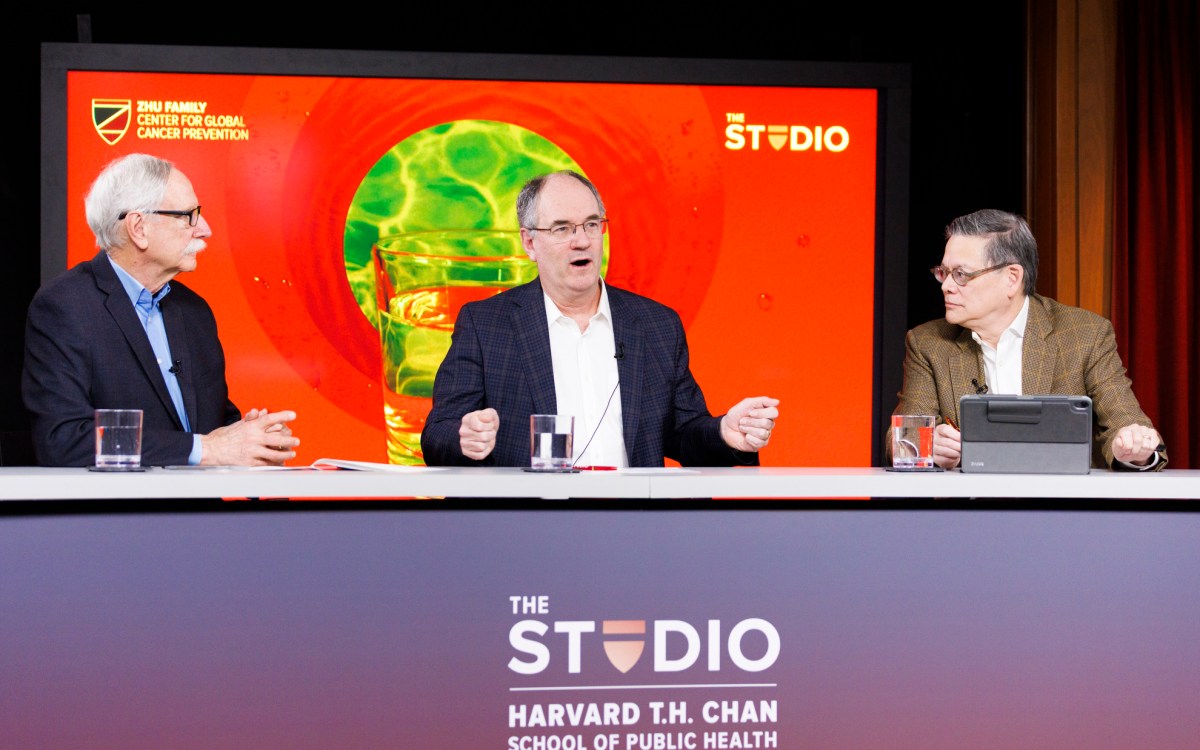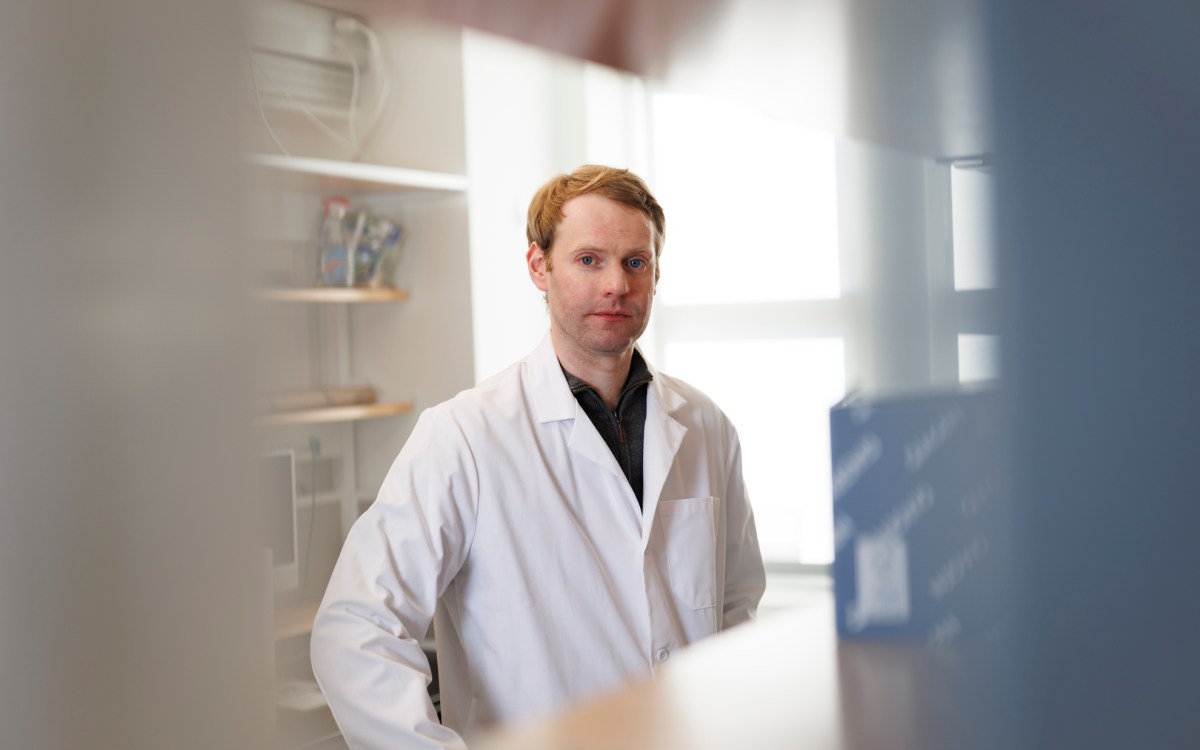Bone-marrow-derived stem cells can reverse genetic kidney disease
The discovery that bone-marrow derived stem cells can regenerate damaged renal cells in an animal model of Alport syndrome provides a potential new strategy for managing this inherited kidney disease and offers the first example of how stem cells may be useful in repairing basement membrane matrix defects and restoring organ function.
Led by researchers at Beth Israel Deaconess Medical Center (BIDMC), the findings are described in the Proceedings of the National Academy of Sciences (PNAS), which appeared on-line the week of April 24, 2006.
Symptoms of Alport syndrome, the second-most common genetic cause of kidney failure, usually appear in children, affecting the kidneys’ filtration system and typically leading to end-stage renal disease in the patient’s teens, 20s or 30s. The disease additionally causes deafness in some patients.
“This is one of 31 human diseases that occur because of genetic defects in the body’s extracellular matrix and basement membrane proteins,” explains the study’s senior author, Raghu Kalluri, PhD, chief of the division of matrix biology at BIDMC and associate professor of medicine at Harvard Medical School.





